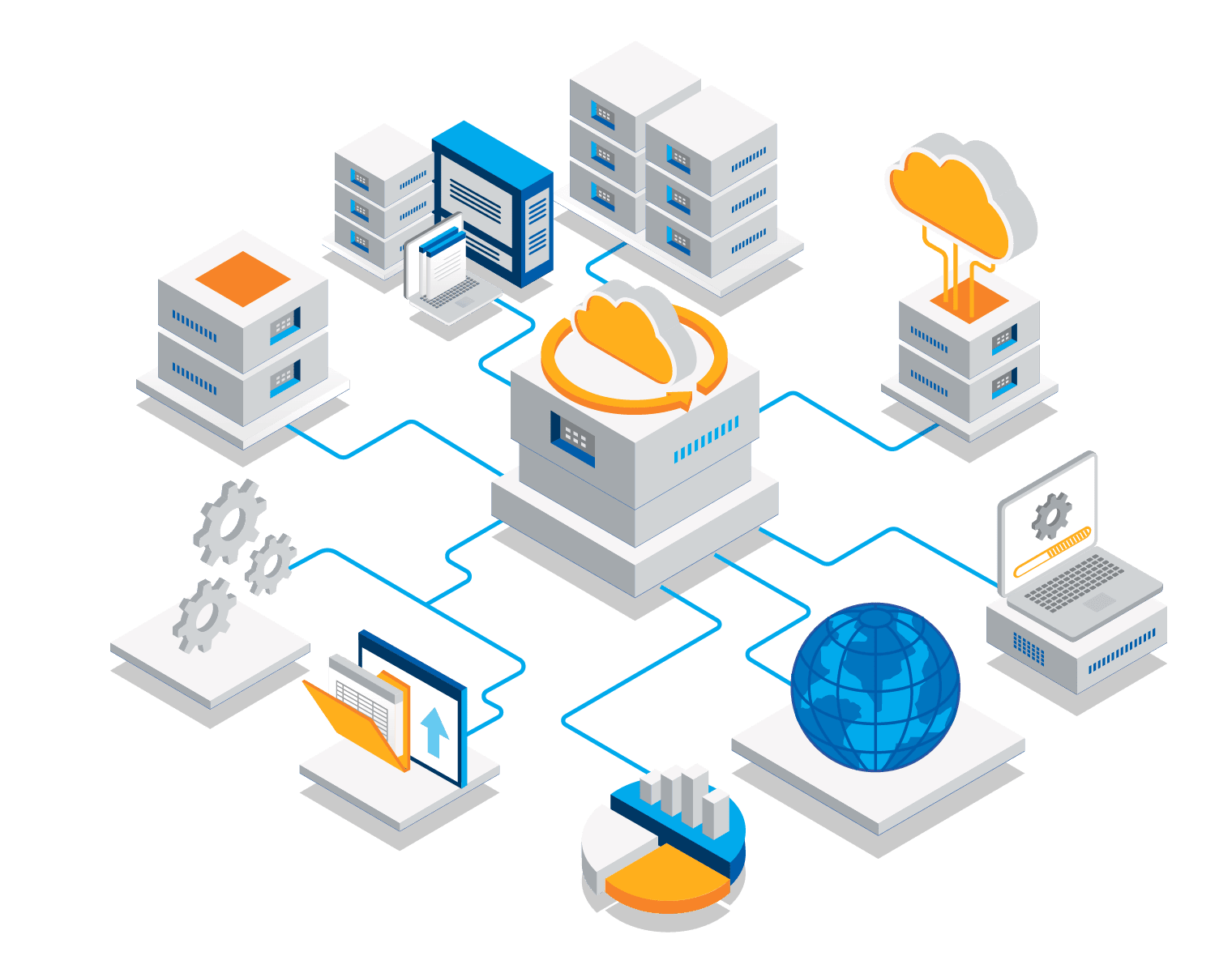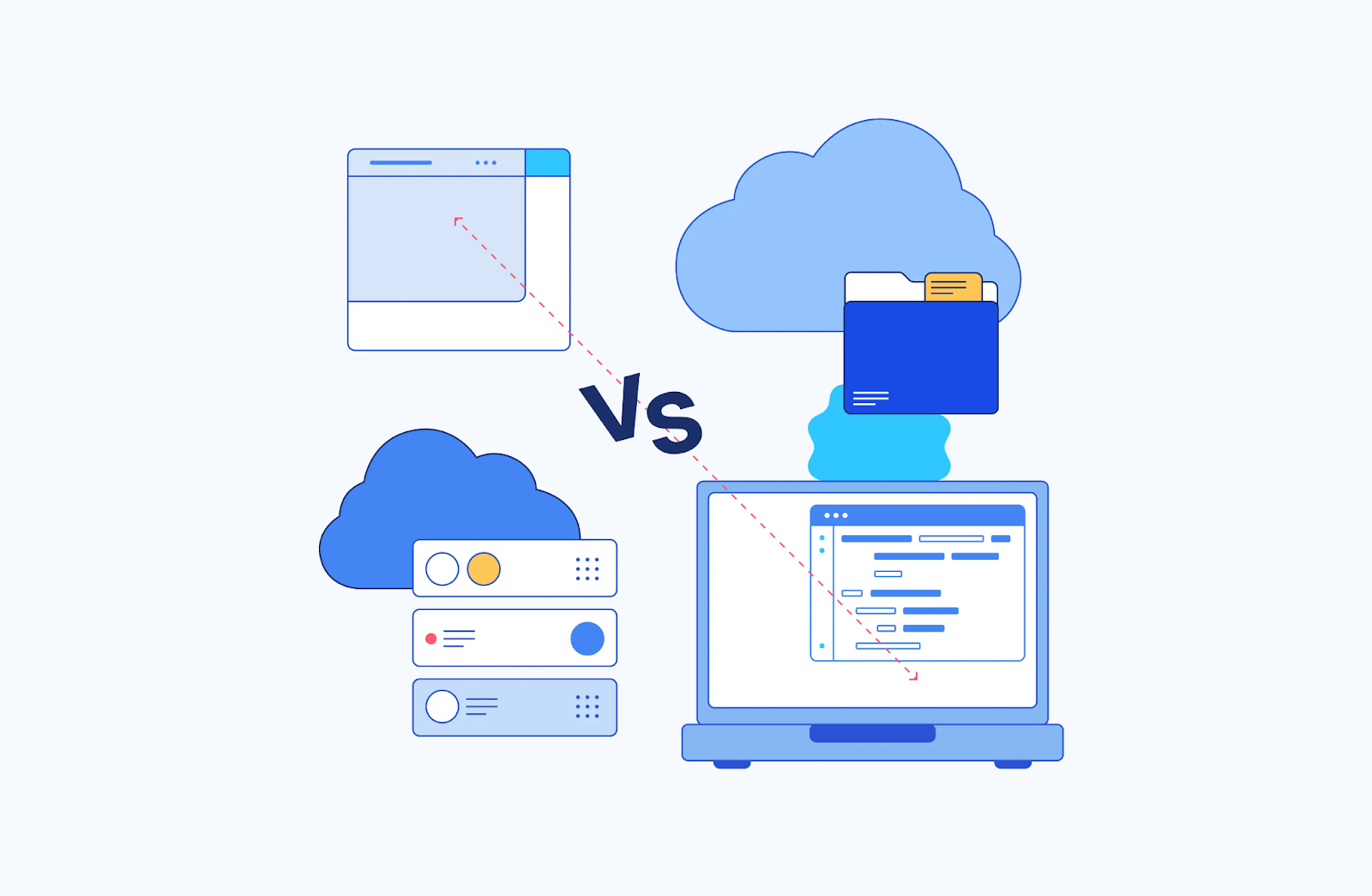
Table of Contents
ToggleIntroduction
Compute in Cloud Since the middle of the 2000s, cloud computing has become rooted in our culture. But it had been created decades earlier. Technology has advanced to where we can now use the phrase in everyday conversations. Also, the number of tasks that can be completed on the cloud has increased far above what was expected a few years ago. Businesses can now choose what is best for their needs with the expansion of services.
Bare Metal Cloud is a public cloud service that allows users to rent specialized hardware resources from a remote service provider. It provides hardware resources without virtualized technologies or OS systems installed. Furthermore, you continue to have complete control over your apps’ security, performance, and functionality.
Bare metal clouds do not share computer resources with other users, just like dedicated servers do. In contrast to the conventional cloud hosting paradigm, which provides virtual machines on shared hardware, each customer has access to a whole real server.
Compute in Cloud Benefits of Bare-Metal Cloud
Bare-metal cloud offers different advantages, which include:
- Enhanced Security: Compared to standard cloud servers that share hardware, bare metal servers offer the highest level of security since they are physically isolated from other servers. The bare metal cloud model’s single-tenancy prevents side-channel attacks.
- Improved Performance: The individual servers that make the bare metal cloud do not share resources, contrary to multi-tenant public cloud servers. A single customer has a unique server task, and its resources are not shared.
- Financial Flexibility and Billing: Billing for bare metal cloud servers usually occurs on an annual, monthly, or hourly basis. Because the price model is expected, this method makes budgeting simple for businesses and organizations. Budgets can also be modified to accommodate increasing and more demanding workloads by adding hardware resources as needed.
- Data Protection: Companies can abide to compliance standards like ISO (International Organization for Standardization), HIPAA (Health Insurance Portability and Accountability Act), and PCI-DSS (Payment Card Industry Data Security Standard) because of the bare metal cloud model’s isolation and high level of security. These standards are meant to make sure that all companies that keep and handle credit/debit card information meet specific guidelines for data privacy and protection.
- Premium Business Hardware: One of the benefits of choosing the bare metal cloud structure is that it provides access to cutting-edge business hardware, such as GPUs, for tasks like complex visual effects, 3D graphics rendering, and machine learning. You also have access to NVMe SSD devices, which provide high data transfer speeds, power economic growth, and faster speeds for tasks needing a lot of data.
Therefore, bare metal cloud servers are the ideal choice for compliance-driven setups that handle very confidential and private data and are subject to strict laws.
Why businesses are choosing bare-metal over traditional cloud solutions.

The majority of users interact with virtual machines, which are operating system instances running on top of actual hardware, in a typical public cloud environment. A hypervisor keeps these virtual machines (VMs) apart, enabling safe and effective hardware sharing among numerous users. Nevertheless, this abstraction restricts user control over the server’s physical resources and adds performance overhead.
In contrast, Bare-Metal Cloud (BMC) services give customers complete access to the actual server hardware; no virtual machines, no hypervisor, and no further layer. Without the additional latency or limitations of virtualization, this purity entails complete access to raw compute capacity, including CPU, GPU, and memory resources. BMCs essentially act as a link between the reliable performance of dedicated on-premises servers and the flexibility of cloud computing.
Although selecting between cloud and bare metal server configurations isn’t always simple or straightforward, both provide their users with a number of excellent advantages.
Bare metal servers have dedicated resources and provide developers more control, yet cloud servers are scalable and easy to set up. What your business needs from your hosting provider will determine everything.
Given that they have been in use for more than ten years, bare metal servers might not be the newest or most visually appealing technology available. However, they are incredibly successful at making cloud computing possible, which is why cloud use is always increasing. This architecture combines the flexibility of the cloud with the processing power of bare metal.
Criteria for Selection
Long-term success now depends on choosing the correct cloud providers as more and more IT systems are externalized.
Nonetheless, there is a huge market with numerous companies providing an even greater range of services. ranging from smaller specialty companies providing specialized services to industry titans like Microsoft, Amazon, and Google.
With so many options, how can you choose the best cloud provider? The response is a well-defined list that is suitably weighted to your particular set of requirements.
- Performance & Hardware Configuration
- Pricing & Cost Efficiency
- Scalability & Customization Options
- Security & Compliance
- Customer Support & Reliability
- Certifications & Standards
- Technologies & Service Roadmap
Top 9 Bare-Metal Cloud Providers of 2025
- Liquid Web
- Servers.com
- Cherry Servers
- Hivelocity
- Scaleway
- Amazon
- INAP
- RedSwitches
- OpenMetal
Conclusion
Without a question, the single-tenant model is a high-performance and safe platform for hosting workloads that are data-intensive and high traffic, requiring the best hardware resources and the highest level of security to ward off threats and vulnerabilities.
By providing a link between cloud flexibility and dedicated server power, bare-metal cloud will remain a viable choice in 2025 for companies requiring high performance, control, and customization, especially for applications like AI, ML, and high-transaction workloads.
Now that you know the top 9 bare metals for 2025, you can choose the best one by taking your budget, resource requirements, and data processing needs into account.




